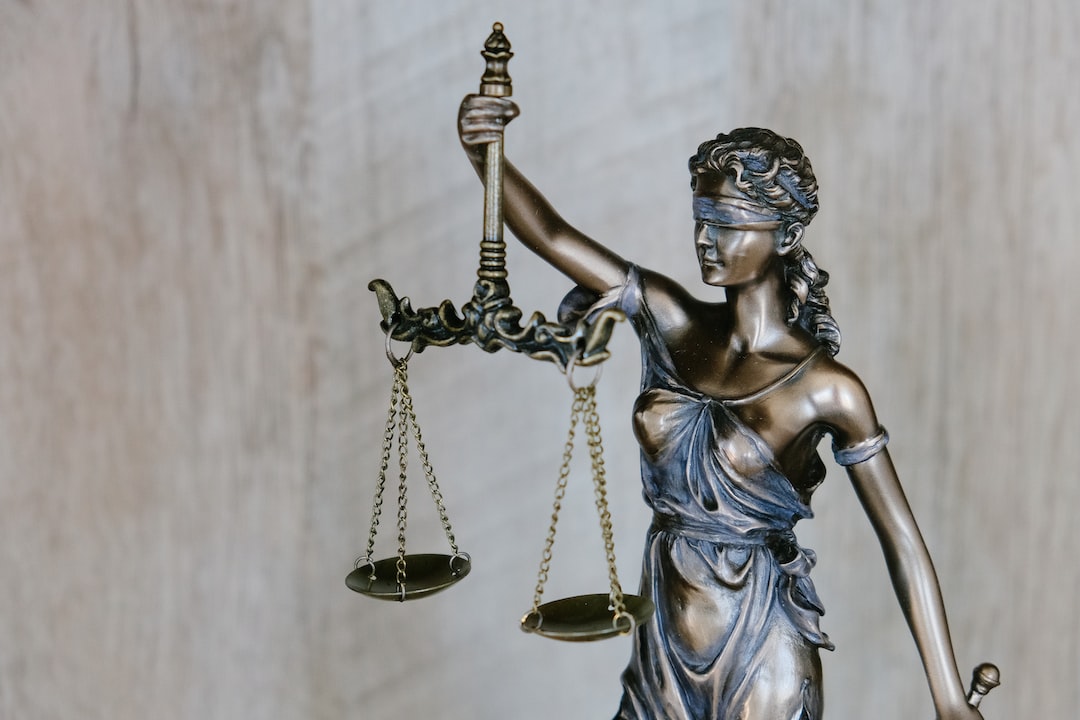Examining the Legalities of Free Speech and Hate Speech
Free speech is often celebrated as one of the fundamental pillars of a democratic society. It allows individuals to express their thoughts and opinions without fear of censorship or punishment. However, this freedom is not absolute, and it is essential to consider the legal boundaries when it comes to hate speech. Hate speech, characterized by discriminatory language or expressions, poses a significant challenge in striking the right balance between protecting freedom of speech while safeguarding individuals from harm. In this blog post, we will delve into the complexities surrounding the legalities of free speech and hate speech.
To understand the legal framework, we must first recognize that different countries have varying approaches towards regulating speech, primarily due to cultural, historical, and sociopolitical factors. For instance, the United States and Europe have divergent perspectives on what constitutes protected speech. In the U.S., the First Amendment plays a pivotal role in preserving freedom of speech, even extending its reach to offensive and hateful speech unless it incites violence or poses a direct threat. Meanwhile, European nations have adopted stricter measures to combat hate speech, influenced by a history marred by racism and discrimination.
The distinction between hate speech and free speech lies in the intent and consequences of the expression. While the law tends to protect offensive or unpopular opinions, it draws the line when such expressions incite violence, provoke discrimination, or cause harm to individuals or vulnerable groups based on their race, religion, sexual orientation, gender, or other protected classes. This balancing act reflects society’s need to protect marginalized communities from harm while valuing the importance of free discourse.
When it comes to hate speech, one must also consider the societal impact and the potential for the perpetuation of prejudice and discrimination. Hate speech can be a powerful catalyst for violence, marginalization, and psychological harm. It can create an environment of fear and hostility, eroding social cohesion and impeding the progression towards a more inclusive society. As a result, many nations have enacted legislation specifically targeting hate speech to address these concerns.
Nevertheless, the key challenge lies in striking the right balance between protecting vulnerable populations and preserving individual liberties. The risk of infringing upon freedom of speech is a constant concern, especially in the context of evolving technologies such as social media, where hate speech can spread quickly and easily. It becomes imperative to navigate this complex landscape while preserving the democratic values upon which societies are built.
Moreover, determining what constitutes hate speech is often subjective and context-dependent. The interpretation of offensive or harmful comments may vary from one person to another, rendering it challenging to enforce regulations uniformly. The freedom to express dissenting opinions must coexist with the duty to respect the rights and dignity of others. Striking a balance requires constant dialogue, education, and an evolving legal framework.
Effective regulation and enforcement of hate speech laws necessitate collaborations between governments, civil society organizations, and technology companies. Social media platforms, in particular, play a significant role in shaping public discourse and should take a proactive stance in combating hate speech by implementing adequate content moderation policies. However, content moderation should itself be guided by principles of transparency, accountability, and respecting the diversity of opinions.
In conclusion, examining the legalities surrounding free speech and hate speech reveals a complex web of considerations. While freedom of speech is a cornerstone of democracy, limitations must exist to safeguard individuals from harm and ensure a more inclusive society. The fine balance between protecting vulnerable groups and upholding individual liberties remains an ongoing challenge, especially in the digital age. Striving for pragmatic approaches, consistent enforcement, and open dialogue among stakeholders can contribute to a healthier and more harmonious society where free speech and respect for human dignity coexist.

